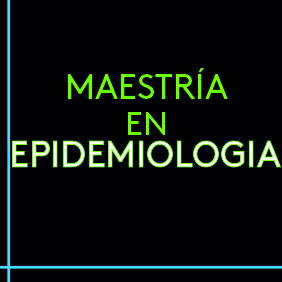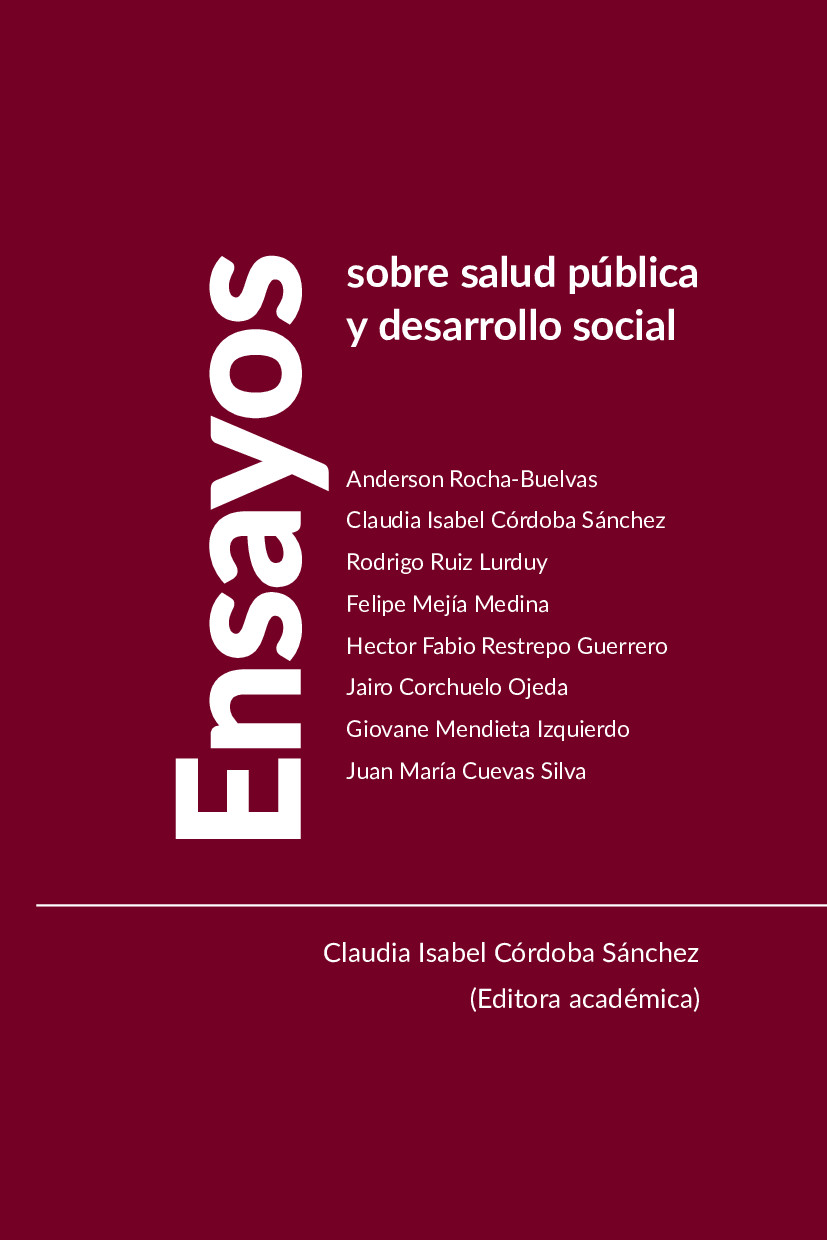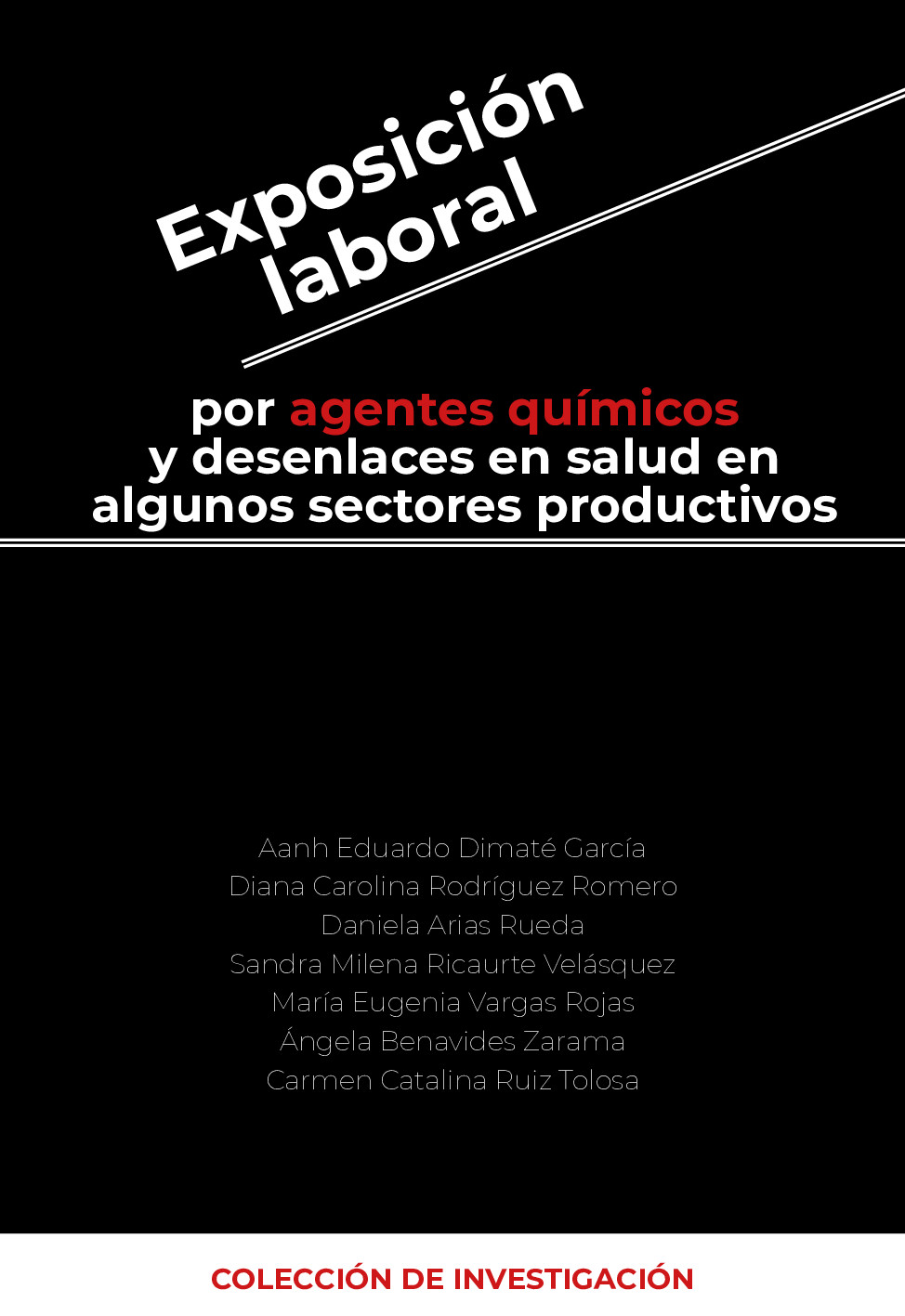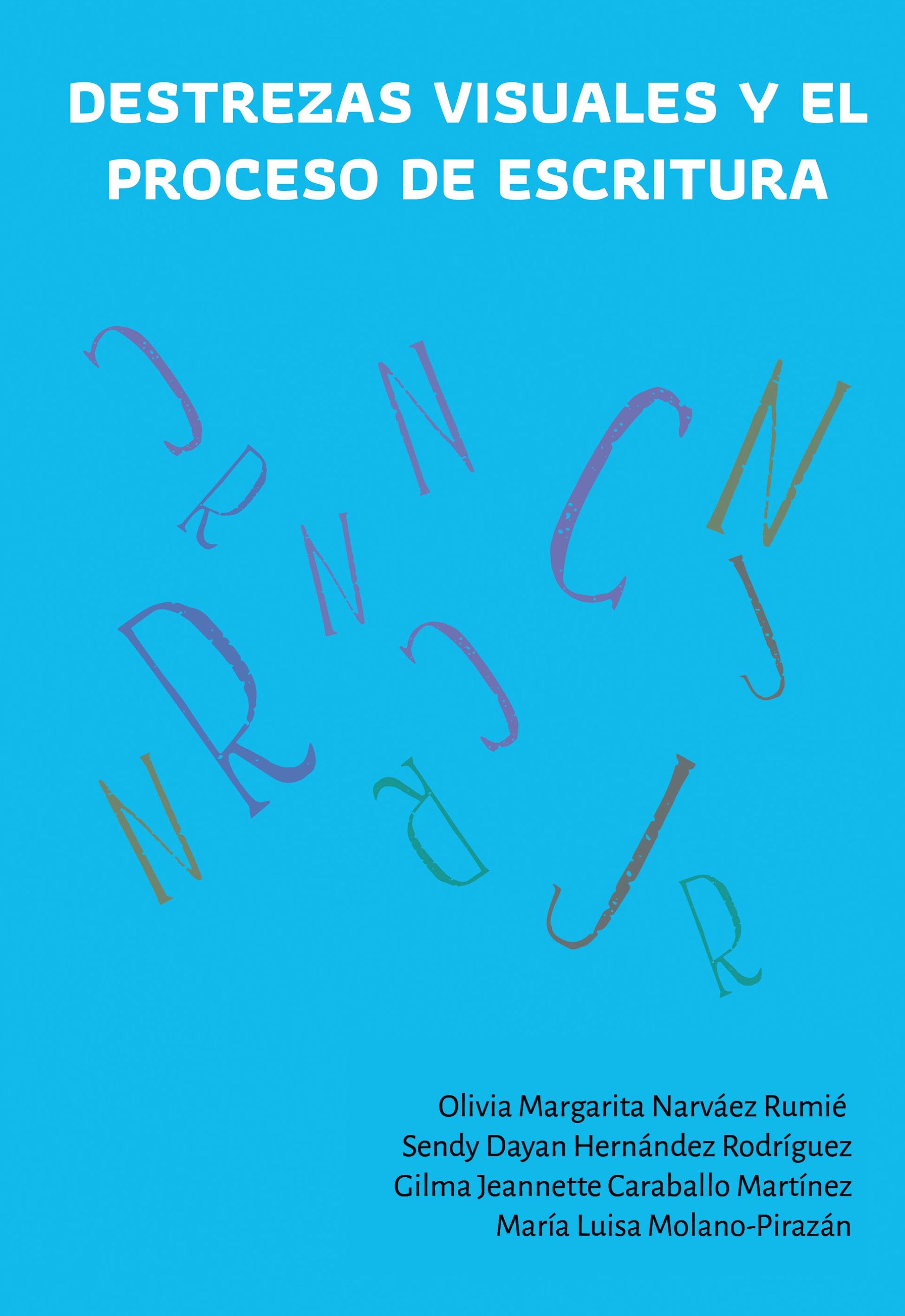Abstract
Dehumanization is the reduction of the qualities that distinguish people as human beings, leading the professional to act without being able to experience empathy; Education in health sciences faces the difficulty of developing mechanisms that allow the implementation of an optimal human component from professional training. The purpose of not getting emotionally involved is, perhaps, a defense mechanism that removes the suffering of others. This impersonal attitude compromises empathy wears down the ideal, and promulgates the need for an affective education to maintain empathy during the formative years. Aim: Identify the human component in students of a health sciences program at AREANDINA University, Pereira, 2021. Method: Quantitative, descriptive, cross-sectional study, sample of 146 students selected in a non-probabilistic way. The capture and processing of basic information according to the study variables was carried out through the STATA 15 4 program. Results: The global empathy measurement score obtained in the research was 97, which indicates an outstanding level (88-113) Conclusions: It is important to generate strategies that impact from the academy, promoting empathy and humanistic.
Licence
Authors should declare no conflicts of interest either for reasons of financing the project which is the result of the article; as well as intellectuals, academics, moral and investigative reasons.
The Journal of Andean Research is home to the ethical rules for publications issued by the COPE: http://publicationethics.org/resources/code-conduct
References
2. Mundial B. Evaluación Externa de la Calidad de la Atención en el Sector Salud en Colombia. Banco Mundial e IFC. 2019;1–130.
3. Romero-Hurtado LC, Colina-de-Andrade DM. Transformando la universidad en Colombia: hacia la construcción de nuevos escenarios. 2016;12:126–34.
4. Ruiz Torres, M. Z., Morales Giraldo, L. J., Canizales Caicedo, M. T., & Amariles Aguirre, L. F. (2018). Aprendiendo sobre la humanización de la salud.
5. De I, Espectador E, Dec BB. Salud en Bogotá. 2015;1–2.
6. Moreto, G., Blasco, P. G., & Piñero, A. (2018). Reflexiones sobre la deshumanización de la educación médica: empatía, emociones y posibles recursos pedagógicos para la educación afectiva del estudiante de medicina. Educación Médica, 19(3), 172-177.
7. Ávila-Morales, J. C. (2017). La deshumanización en medicina. Desde la formación al ejercicio profesional. Iatreia, 30(2), 216-229..
8. Avarro-Vargas, J. R. (2018). Humanización en la salud. Revista de la Facultad de Medicina, 66(3), 291–292..
9. Bermejo, J. C., & Villacieros Durban, M. (2018). Humanización y acción. Revista Iberoamericana De Bioética, (8), 01-16..
10. Rodriguez, L. A. J., Suárez, R. G., & Márquez, M. (2019). Deshumanización en la atención de la salud¿ son las Tic´ s el problema o la solución?. Mundo Fesc, 9(17), 76-84..
11. Domínguez-González, A. D., Velasco-Jiménez, M. T., Meneses-Ruiz, D. M., Guzmán Valdivia-Gómez, G., & Castro-Martínez, M. G. (2017). Síndrome de burnout en aspirantes a la carrera de medicina. Investigación en educación médica, 6(24), 242-247..
12. Hojat, M. (2016). Empathy in health professions education and patient care.. faltan datos si es de libro o revista
13. Valentín, M. J. D. (2019). Empatía en estudiantes de enfermería. Validez y fiabilidad de la versión española de la escala de empatía jse-hps (Doctoral dissertation, Universidad de Castilla-La Mancha)..
14. J Parra Ramírez, G. D. J., & Cámara Vallejos, R. M. (2017). Nivel de empatía médica y factores asociados en estudiantes de medicina. Investigación en educación médica, 6(24), 221-227.
15. Madera-Anaya, M., Tirado-Amador, L., & González-Martínez, F. (2016). Factores relacionados con la empatía en estudiantes de Enfermería de la Universidad de Cartagena. Enfermería Clínica, 26(5), 282-289.
16. Marques, L. M. N. S. D. R., Fonseca, S. C., Milioni, V. C., & Corbiceiro, W. C. H. (2021). ¿ Cuáles son los valores esenciales para la formación médica?. Revista Bioética, 28, 693-703..
17. Rozengway Vijil, H., García Reyes, A. M., & Vallecillo Amador, L. I. (2016). Niveles de empatía según la escala de Jefferson en estudiantes de Medicina, Enfermería y Odontología de Honduras. Revista Científica Ciencia Médica, 19(2), 14-19..
18. Aparicio, D. E., Ramos, A. E., Mendoza, J., Utsman-Abarca, R., Calzadilla-Núñez, A., & Díaz-Narváez, V. P. (2019). Levels of empathy, empathy decline and differences between genders in medical students of Cartagena (Colombia). Educación Médica, 20, 136-143..
19. Rueda Castro, L., Gubert, I. C., Duro, E. A., Cudeiro, P., Sotomayor, M. A., Benites Estupiñan, E. M., López Dávila, L. M., Farías, G., Torres, F. A., Quiroz Malca, E., & Sorokin, P. (2018). Humanizar la medicina: un desafío conceptual y actitudinal. Revista Iberoamericana De Bioética, (8), 01-15..
20. Andina, C. (2017). Estrategia Andina para la Gestión del Riesgo de Desastres. Lima, Perú.

 PDF (Español (España))
PDF (Español (España))
 FLIP
FLIP

















